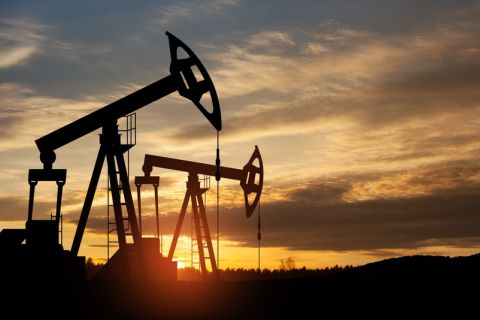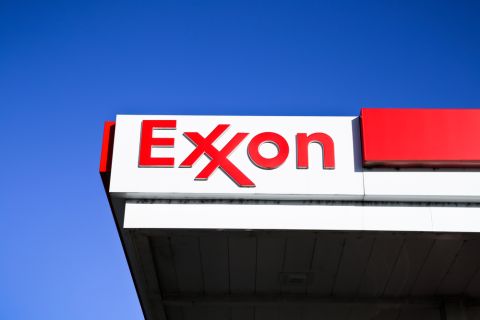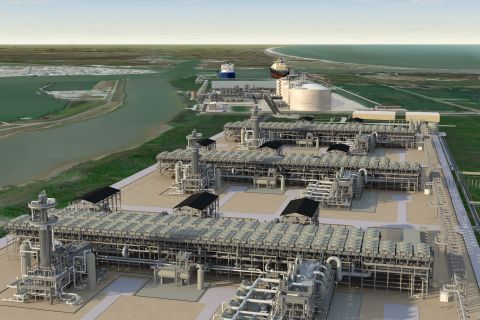From OE 2015 (MT): BP remains a believer in the future of the U.K. North Sea, with the sector on the right track but needing to do more.
According to Bernard Looney, COO, production at BP, times are undeniably tough with thousands (65,000 according to industry lobby group Oil & Gas UK, he pointed out) having lost their jobs.
But the long-term outlook is brighter, he said during a presentation. “First and foremost, we are in a growth industry and that is not going to change anytime soon. All the forecasts suggest demand for energy will continue to rise. At BP, we believe demand will be a full one third higher by 2035 than it is today. Much of this is driven by population growth—1.6 billion extra people will need energy in this time period—as well as increasing prosperity, especially in emerging economies.
“Secondly, despite the environment, the industry here in the North Sea continues to invest billions of dollars to bring new oil to the market place. Third, here we have a highly skilled, highly experienced and highly engaged workforce right on our doorstep—the envy of many an oil capital throughout the world. And fourth, the North Sea has an extensive infrastructure in place, not to mention resources. Some 15 to 20 Bbbl of oil potentially yet to be produced.”
Admitting that the industry needs to drill more exploration wells and push reservoir recovery factors above the mid-40s, he highlighted the region still offers rewards. “Last autumn, we announced the Vorlich discovery, and earlier this year GDF Suez announced the Dalziel discovery,” he said.
“But at the same time we also have to be realistic. There are some real challenges. This is a mature basin with declining production. There are reliability and production efficiency challenges, not to mention high costs. And of course, we have the backdrop of a 50% drop in the oil price. So given all that, is the North Sea worth fighting for? The answer is unequivocal—absolutely it is.”
Looney said BP has been going back to basics, making its equipment more reliable, eliminating defects and improving production efficiency. It is apparently paying off. In 2011, Looney said BP’s plant reliability worldwide was 85%, whereas now it is 94%. “And with that improvement we are finally beginning to see a major turnaround in our North Sea operating efficiency,” he said.
Contractors also “hold a mirror up to us as operators,” Looney said.
This year the company sat down with many of its contractors, and he highlighted two: Wood Group and Cape. “At our request they provided us with lists of where we could save money if we changed the way we work. These ideas range from decommissioning plans to scaffolding management, from streamlining contracting norms to reviewing man-marking ratios.
These are suggestions that will generate and sustain millions and millions of dollars in savings.”
BP has been slimming down its portfolio for some time, even prior to the price drop. In the U.K., it has divested less strategic assets, allowing it to concentrate capital and effort in the Central North Sea and West of Shetland.
Recommended Reading
What's Affecting Oil Prices This Week? (April 29, 2024)
2024-04-29 - Stratas Advisors says even with the reported drawdown in U.S. crude inventories, the price of Brent crude oil remains below the upward channel that had been in place since January of this year.
Hedge Funds Retreat from Oil as War Risk Fades: Kemp
2024-04-29 - Hedge funds and other money managers sold the equivalent of 95 MMbbl in the six most important petroleum futures and options contracts over the seven days ending on April 23.
Exxon’s Guyana Gas Project a “Win-Win,” Set for Hook-up by Year-end ‘24
2024-04-28 - Exxon Mobil Corp. CEO Darren Woods said the company’s gas-to-power project in Guyana is a “win-win proposition particularly for the people of Guyana” when completed and hooked-up by year-end 2024.
Segrist: The LNG Pause and a Big, Dumb Question
2024-04-25 - In trying to understand the White House’s decision to pause LNG export permits and wondering if it’s just a red herring, one big, dumb question must be asked.
Texas LNG Export Plant Signs Additional Offtake Deal With EQT
2024-04-23 - Glenfarne Group LLC's proposed Texas LNG export plant in Brownsville has signed an additional tolling agreement with EQT Corp. to provide natural gas liquefaction services of an additional 1.5 mtpa over 20 years.



